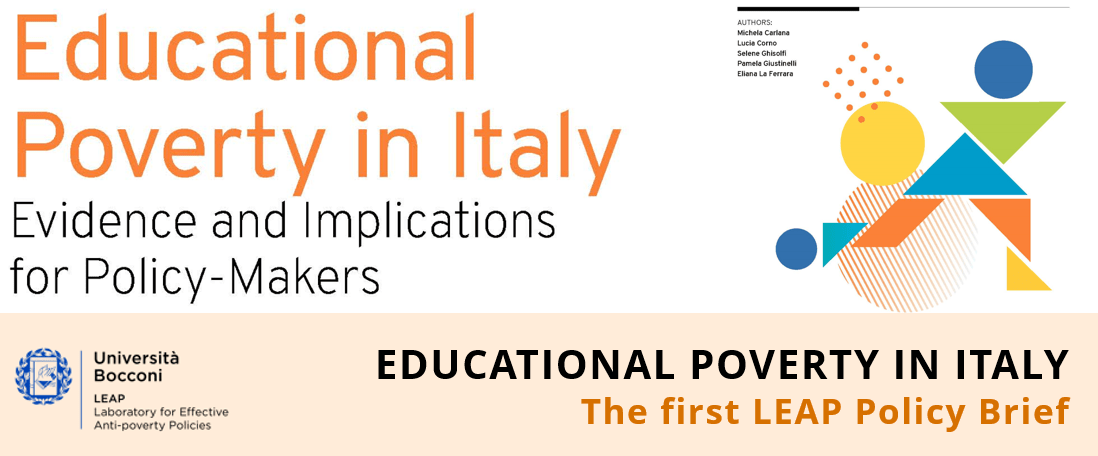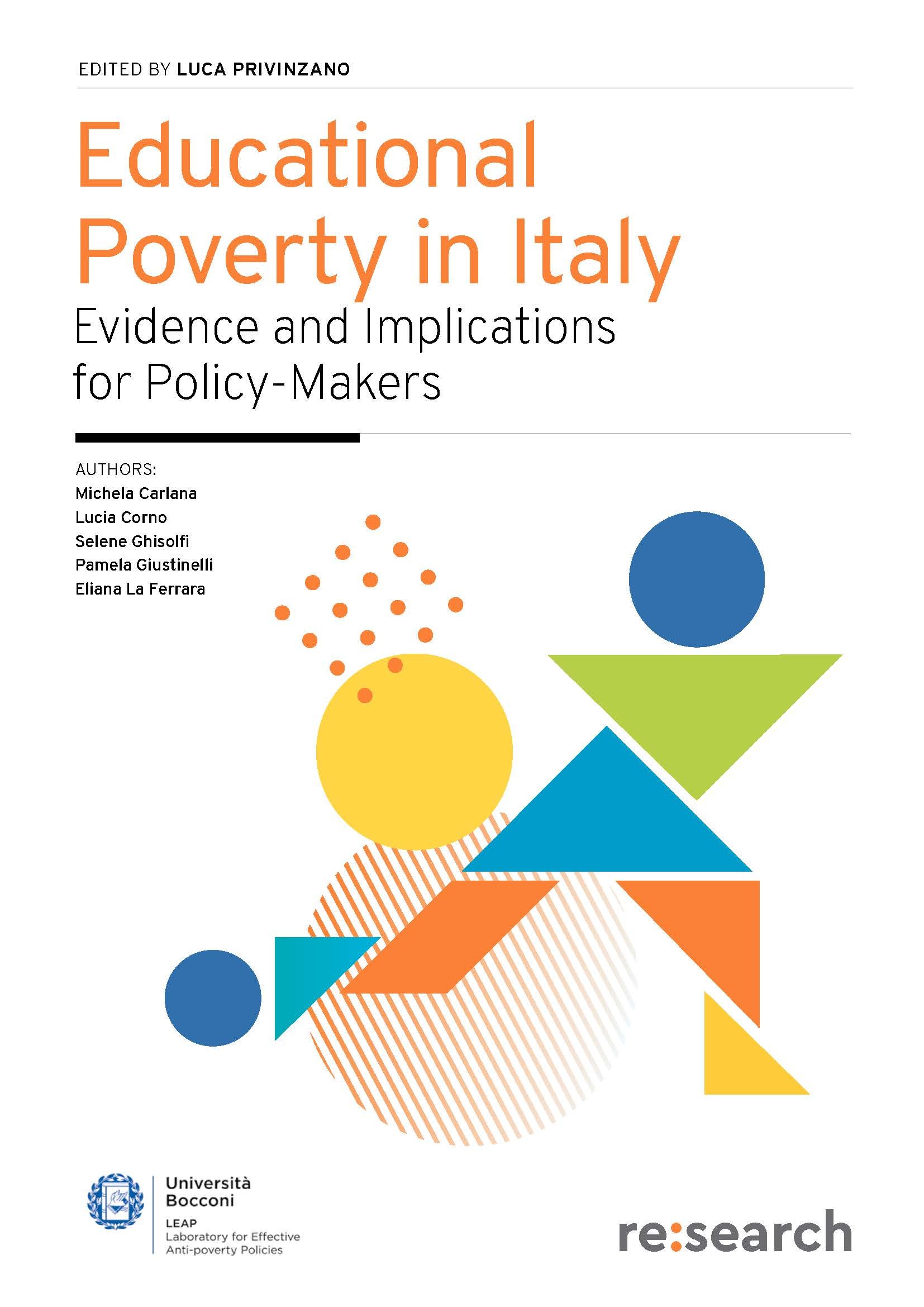Educational Poverty in Italy - Our first LEAP Policy Brief


Educational poverty is one of the greatest challenges of our times, in several countries around the world. Despite the growing number of children and youth enrolled in primary and secondary schools, learning outcomes remain alarmingly low, particularly for those in vulnerable and underprivileged communities, facing obstacles to accessing quality education. This may be due to several factors such as limited resources, conflicts, gender inequality, and discrimination.
In Italy, for instance, 9.5% of students graduate from high school without acquiring the essential skills (INVALSI). The situation is even worse in developing countries. A striking example is Nigeria, where more than 80% of students cannot read a single word by the end of Grade 3 (UNESCO). This has become a real emergency, often defined by researchers in the field as a “learning crisis.” Lack of access to quality education perpetuates a cycle of inequality that prevents children from acquiring critical knowledge and skills and denies them the opportunity to explore, develop, and pursue their talents and aspirations. This crisis has the potential to hinder social mobility and exacerbate inequalities for many generations to come.
This book, edited by Luca Privinzano - Associate Director of Research at LEAP - presents some of the work carried out by LEAP Affiliates, including Michela Carlana, Lucia Corno, Selene Ghisolfi, Pamela Giustinelli and Eliana La Ferrara. Through our projects, we offer scientific evidence that measures the impact of innovative policies and best practices aimed at enhancing education quality. Using rigorous quantitative methods and sophisticated experimental protocols, we provide policymakers with scientific and pragmatic insights into what works and what doesn’t, helping them design efficient and effective solutions. By sharing results and interventions, we encourage dialogue, debate, and the development of policies to ensure that the potential of all children, regardless of background or social position, is realized.
The book is published by Egea Editore and available online.

